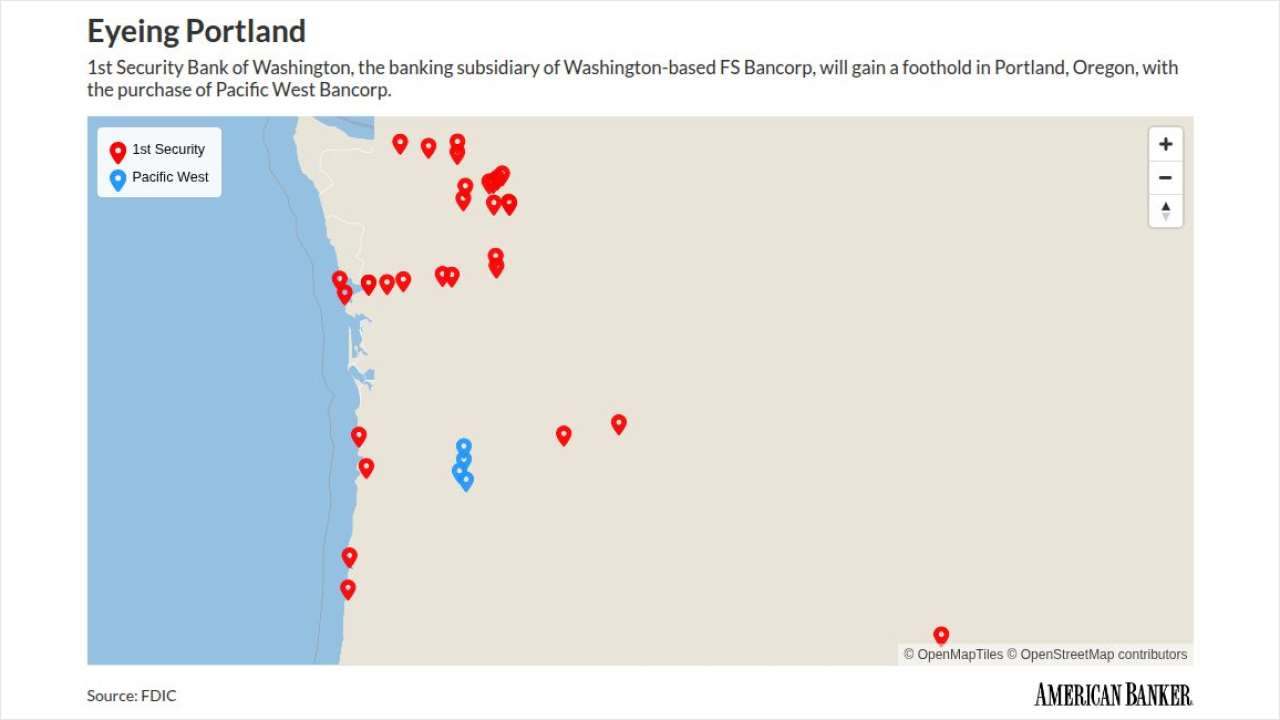Mortgage bonds fell less than U.S. Treasury notes Friday amid optimism that lending rates will rise soon enough to halt an anticipated flood of homeowner refinancings.
Processing Content
The 10-year Treasury yield, which often indicates which way mortgage rates are moving, rose 8 basis points to 6.15%, the highest level in nearly a month. Yields climbed 19 basis points in the week, quieting the prepayment concerns of many investors.
"You look like you're in trouble, and all of a sudden (you're) bailed out," said Bill Schultz, who manages $1.2 billion of mortgage pass-throughs at W.R. Lazard & Co. in New York. The rise in rates "minimizes the risk somewhat."
Benchmark Government National Mortgage Association current coupon 7% pass-throughs for delivery in November fell 0.25 to 99.62, for a yield of 7.12%. The yield premium, or spread, that they pay over comparable 9.6-year Treasuries narrowed by 2 basis points, to 100 basis points.
Though higher rates seemed to have rescued mortgages for the moment, the previous three weeks left plenty of damage.
For instance, the yield difference between Ginnie Mae 7% issues and 10- year Treasuries just two weeks earlier was roughly the same as it is today, at 97 basis points. The equal spreads suggest investors perceived comparable risk in the securities at both times. But 10-year yields were 8 basis points higher than two weeks earlier-a condition which normally would reduce the risk of mortgage investing. That's a sign investors thinkthere's a greater likelihood that rates will drop again, boosting prepayments.
Mr. Schultz said the bulk of his portfolio was invested in Ginnie Mae pass-throughs with 6.5% coupons and 8.5% or 9% coupons. He holds very few securities with coupons between 6.5% and 8.5%. That way, if rates drop, lower coupons will outperform while prepayment concerns hurt the higher coupons. And if rates increase, higher coupons are likely to outperform the lower ones.
This pattern can provide investors with some extra protection when it is uncertain which way rates might swing, he said.
Fannie Mae 7% 30-year pass-throughs delivered in November fell 0.187 to 99.43, for a yield of 7.12%. Freddie Mac Gold 7% 30-year pass-throughs delivered in November fell 0.187, to 99.59, for a yield of 7.13%.





